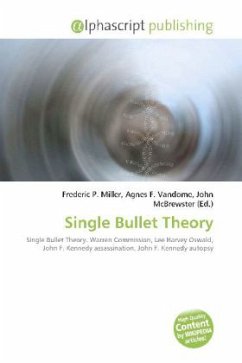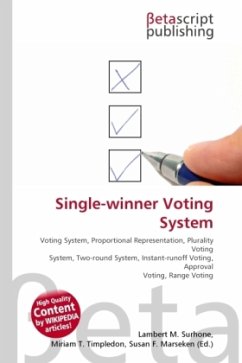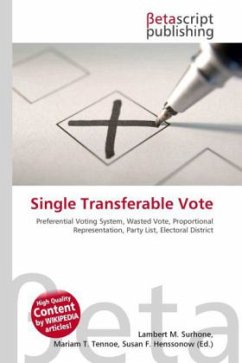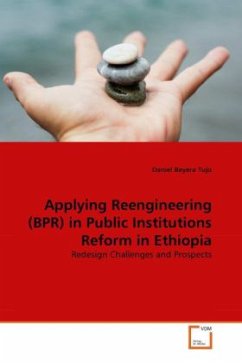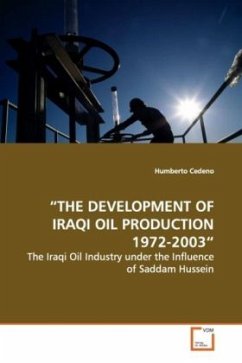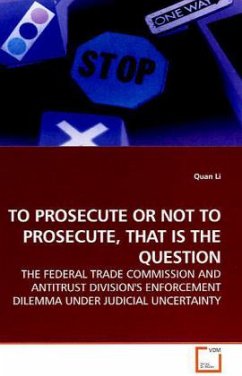
SINGLE VOICE OR CACOPHONY?
COMPETING NATIONAL PREFERENCES IN EUROPEAN ENERGY POLICY
Versandkostenfrei!
Versandfertig in 6-10 Tagen
32,99 €
inkl. MwSt.

PAYBACK Punkte
16 °P sammeln!
The growing importance of energy needs and concernsis on the agenda of domestic and foreign policymakers alike in today s energy dependent world. TheEuropean Union, representing one of the largesteconomies and energy consumers in the world, has cometo a crossroads in defining its energy policy, inlight of the current and future energy dependence ofits member states.This thesis captures and conceptualizes theproblematic of formulating a coherent energy policyon the EU institutions level, as viewed from themember states perspectives. It will seek to explorethe interplay between various factors o...
The growing importance of energy needs and concerns
is on the agenda of domestic and foreign policy
makers alike in today s energy dependent world. The
European Union, representing one of the largest
economies and energy consumers in the world, has come
to a crossroads in defining its energy policy, in
light of the current and future energy dependence of
its member states.
This thesis captures and conceptualizes the
problematic of formulating a coherent energy policy
on the EU institutions level, as viewed from the
member states perspectives. It will seek to explore
the interplay between various factors on multiple
levels, which either drive the integration in energy
policy or bring it closer to a deadlock. This can be
done by making use of EU integration theories that
have successfully examined the integration process
across time and space in various policy areas
is on the agenda of domestic and foreign policy
makers alike in today s energy dependent world. The
European Union, representing one of the largest
economies and energy consumers in the world, has come
to a crossroads in defining its energy policy, in
light of the current and future energy dependence of
its member states.
This thesis captures and conceptualizes the
problematic of formulating a coherent energy policy
on the EU institutions level, as viewed from the
member states perspectives. It will seek to explore
the interplay between various factors on multiple
levels, which either drive the integration in energy
policy or bring it closer to a deadlock. This can be
done by making use of EU integration theories that
have successfully examined the integration process
across time and space in various policy areas






